Hard drugs: does prohibition sometimes do more harm than good?

The use of crack cocaine is on the rise in Swiss cities. How can this growing consumption be tackled? And what support can be provided to addicts? Join in the discussion on «dialogue»!
Crack cocaine is on the rise in Switzerland: since last year, cities such as Zurich have been fighting open drug scenes and in French-speaking Switzerland consumption has tripled since 2020.
“Before, people were sedated by opiates like heroin. Now they’re hyperactive and agitated, under the influence of crack. Unfortunately, we’re seeing more aggression and violence, especially in public spaces where people are using drugs,” says José Di Stefano, head of the Ingrado day care centre in Viganello, which serves around 40 substance-dependent users daily, about 140 people are in outpatient treatment.
Read in the following article how addicts and experts are experiencing the situation in Switzerland:

More
Crack cocaine crisis escalates in Switzerland
Regulated supply of cocaine?
Experts have been warning for some time that Switzerland needs to review and adapt its drug policy. In summer, the Federal Commission on Addiction and the Prevention of Non-Communicable Diseases called for further measures to counteract the growing problem of crack cocaine and drug use. Among other things, innovative treatment and therapy forums and new strategies to combat drug supply should be developed and the exchange of knowledge and experience between cities and experts should be strengthened.
“People who use crack cocaine several times a day end up in a vicious cycle of procurement and consumption,” says Vice President Christian Schneider.
The strategic analyst at the Zurich cantonal police force sees a need for additional and easily accessible places – contact points and places of retreat – for addicts who barely sleep, eat, drink and neglect themselves. Or who, exhausted, sleep for 24 hours straight.
Given the success of heroin dispensing in recent decades, the controlled dispensing of cocaine to addicts is also up for discussion. However, there is hardly any research on the matter and opinions among experts are divided, as Swiss public radio, SRF, reports.
Listen to the report from Swiss public radio, SRF, to hear different arguments in favour of and against the regulated dispensing of cocaine.
Adjustment of drug policy
Swiss drug policy, which aims to reduce drug use and its negative consequences for users and society, is based on four pillars: prevention, therapy, harm reduction and repression.
This system needs to be adapted, former Federal Councillor and member of the Global Commission on Drug Policy Ruth Dreifuss told French-speaking Swiss public television, RTS. To solve the problems linked to selling and using crack cocaine, Dreifuss is in favour of providing support and emancipatory approaches to help addicts escape their situation.
Watch the full interview with former Federal Councillor Ruth Dreifuss on RTS:
What is your opinion? Is the prohibition of hard drugs sometimes doing more harm than good? Join the discussion on our debate platform “dialogue”:
Psychedelics in therapy
While crack cocaine and its severe consequences for addicts and society are fuelling the debate about how to deal with hard drugs, another discussion revolves around a different group of drugs: psychedelics.
As of 2024, psychedelics are legal or have been decriminalised in 23 countries. Switzerland has a long history with such drugs, ever since LSD was discovered in Basel in 1938. Together with the US, Canada and Australia, the country leads the way globally on psychedelic therapy and research. And since 2014, Swiss patients have been able to access psychedelics for compassionate use in last-resort cases. Yet so far, the Geneva University Hospital (HUG) is the only place in the country offering safe psychedelic treatment in a big medical environment.
SWI swissinfo.ch spoke to patients and doctors about the treatment and took a look at the legal situation in Switzerland:

More
Is psychedelic therapy about to go mainstream?
Crack is the street name given to a solid form of cocaine that’s made by processing the drug into a small white or off-white rock crystals that are then smoked. Smoking crack results in a more rapid absorption into the bloodstream – compared to snorting the powder – causing an instant euphoric effect.
This effect, however, is short-lived and wears off almost as quickly as it came on, which can lead individuals into a dangerous cycle of binge use to maintain the high. Alongside heroin and methamphetamine, crack cocaine is considered a drug with the highest potential for psychological dependence.
Adapted from German by Claire Micallef

In compliance with the JTI standards
More: SWI swissinfo.ch certified by the Journalism Trust Initiative

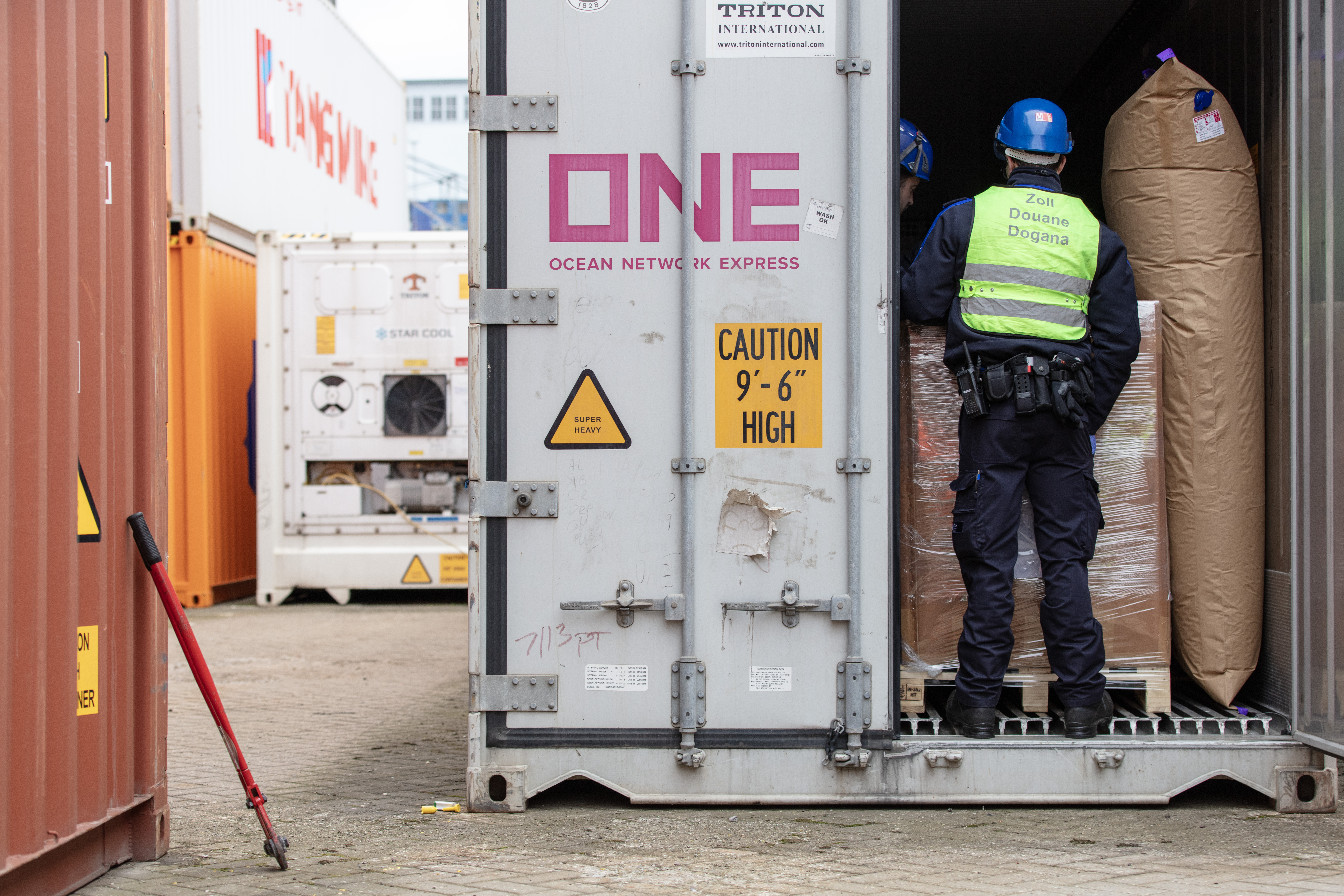
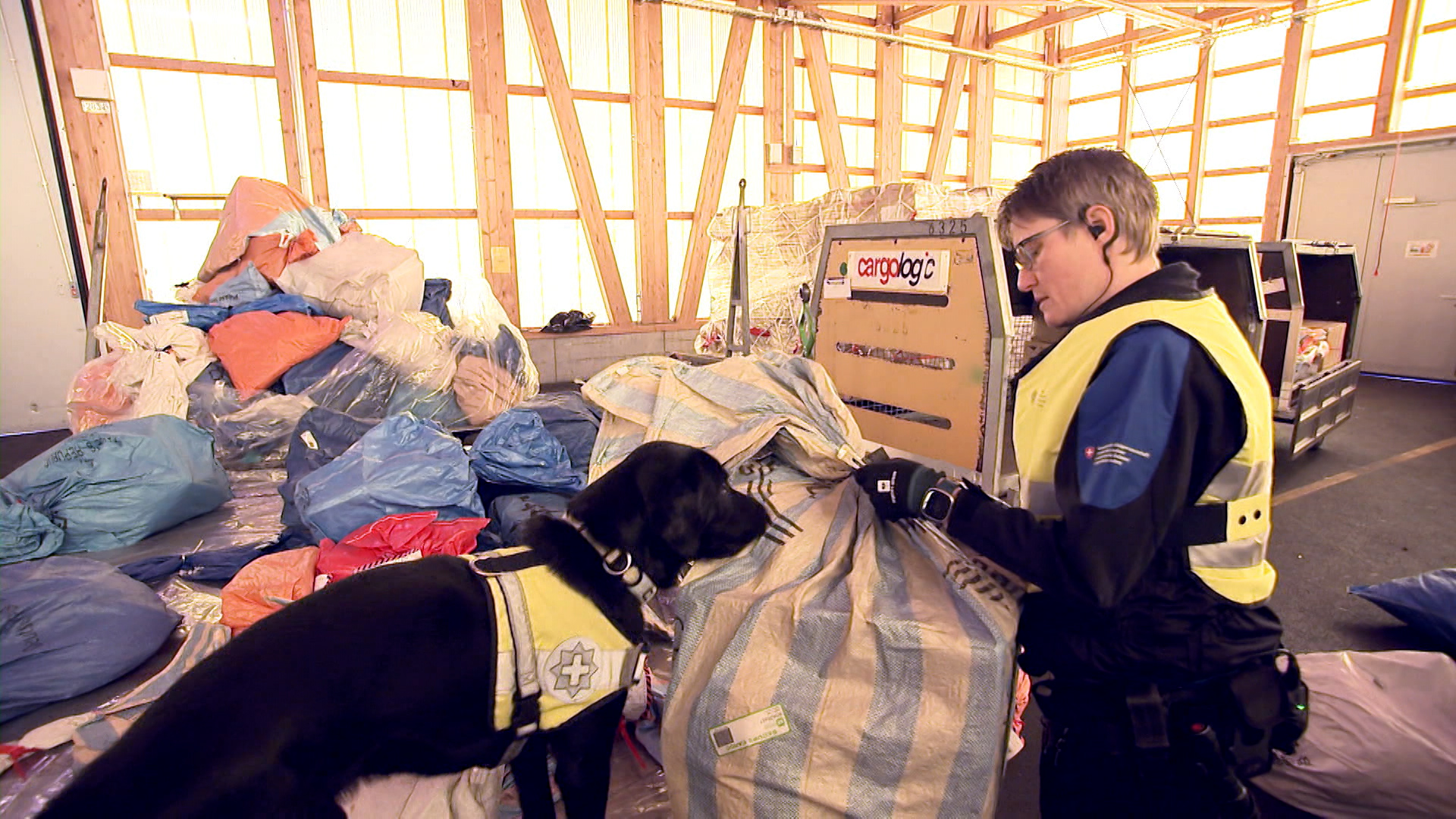
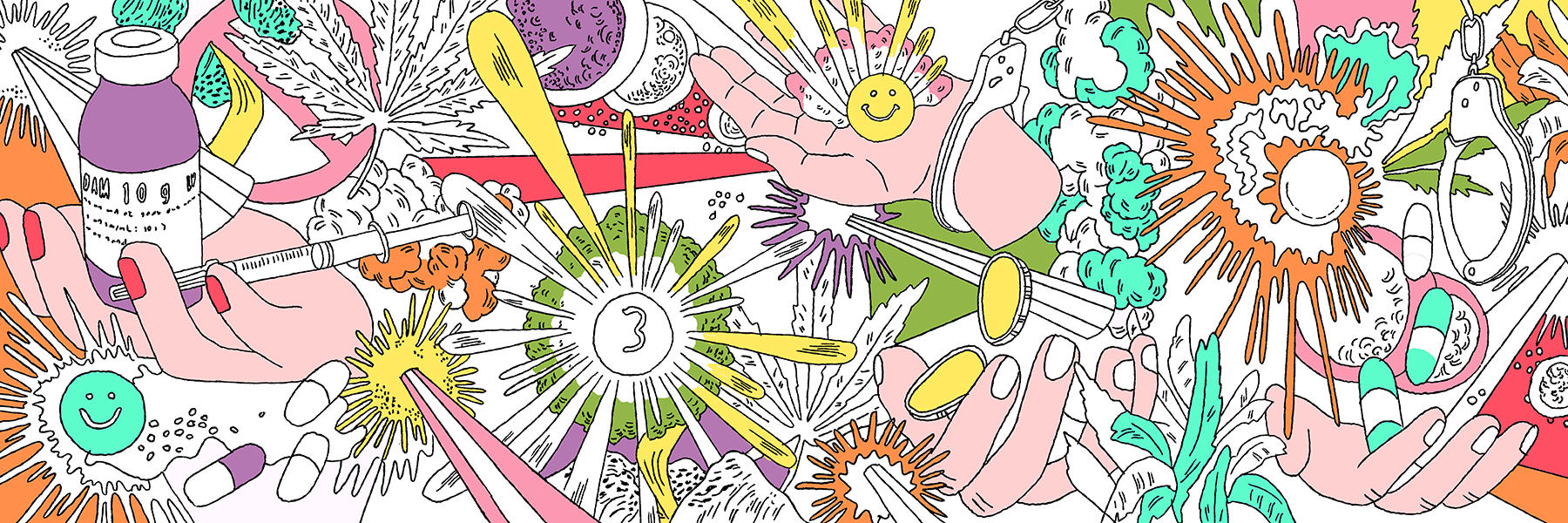
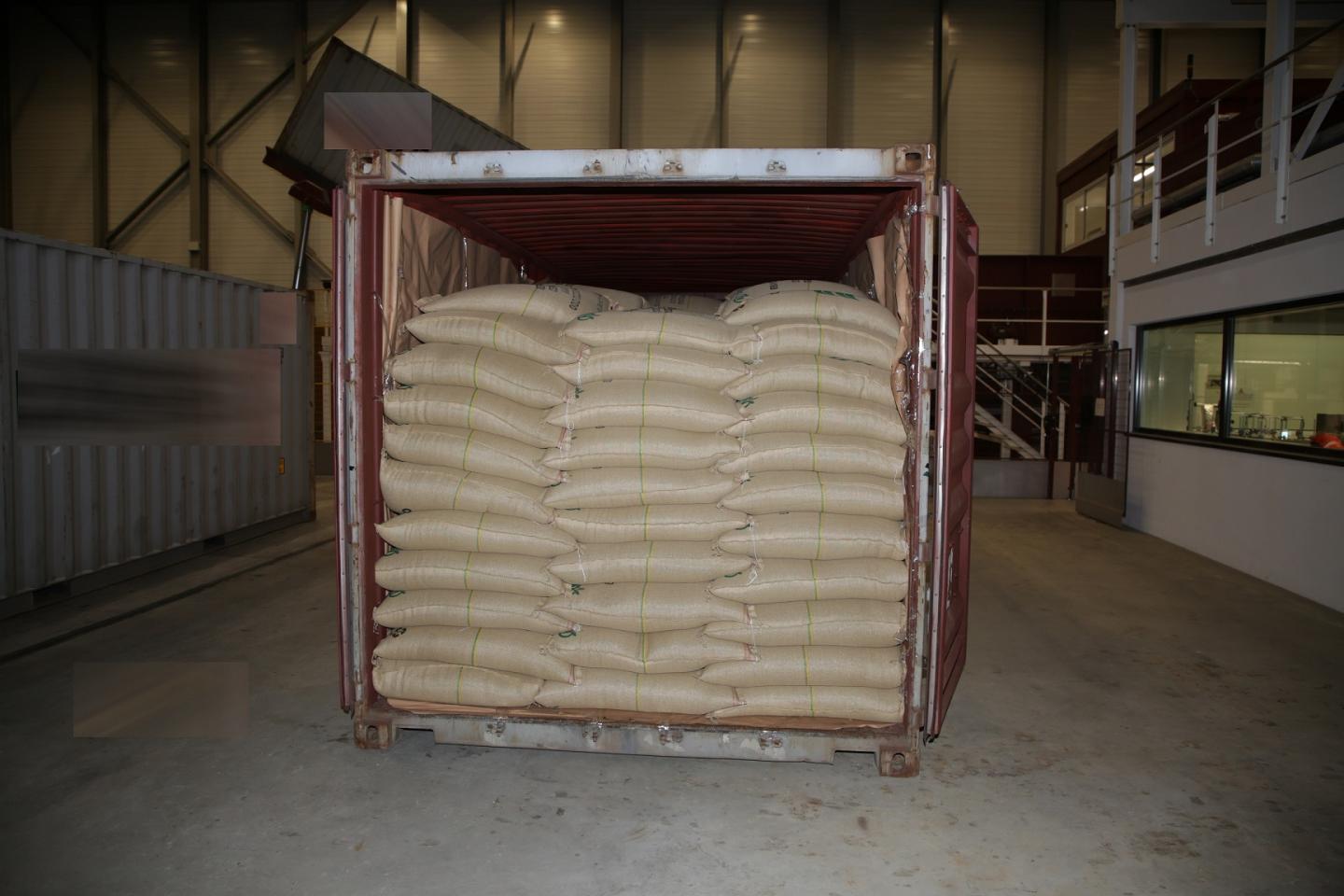
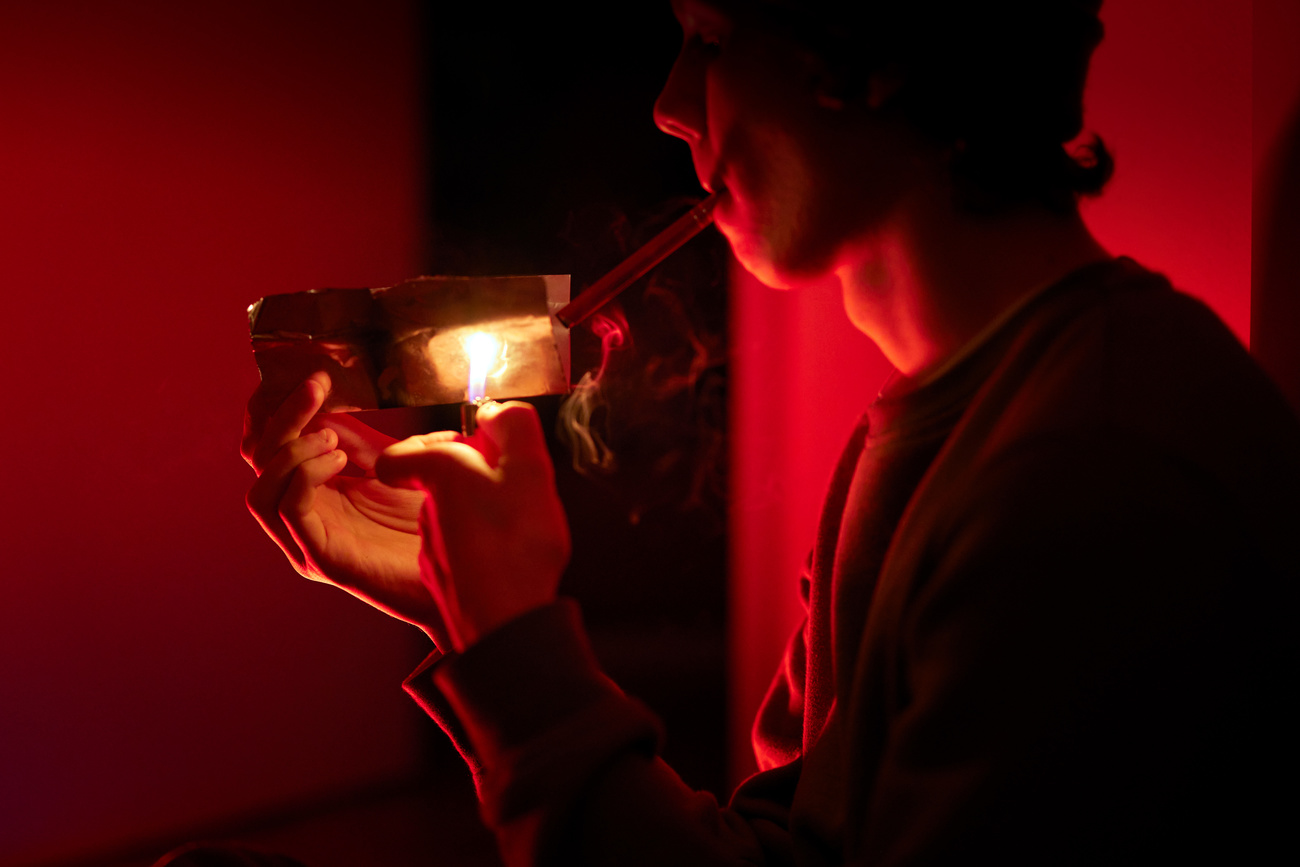
You can find an overview of ongoing debates with our journalists here . Please join us!
If you want to start a conversation about a topic raised in this article or want to report factual errors, email us at english@swissinfo.ch.